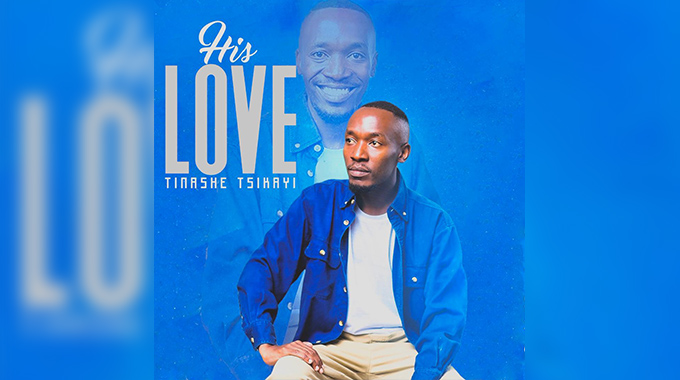Benhura urges artists to be creative
all born artists but it lies upon our feelings whether we want to develop it or not.
“Every child is an artist. The problem is how to remain an artist once he grows up.”
If that is really true then today’s artists need to be innovative, versatile and experimental to prove their inborn ability.
Anyone in this world can become a stone carver but not everyone can be a stone artist because to be an artist encompasses mind and skill.
It brings into play the ability to control the stone and not being controlled by it. It brings into play the ability to be really versatile and bring new ideas into play.
Without all this we can end up having only stone carvers in Zimbabwe. There’s need to preserve what was started as a movement. Without doubt there are many stone carvers and a few stone artists in Zimbabwe.
Among these few stone artists you find Dominic Benhura.
Recently during a short interview with him I wanted him to bring out the importance of being original and to be creative. I wanted to understand the reason why there is a big gap between him and all these artists.
In trying to tap this out of him I asked him the following questions:
Timothy Takuda (TA): Zimbabwe houses some of the most talented stone artists in the world, but there is a very big gap between you and these other artists. What do you think is the main reason?
Dominic Benhura (DB): I think it’s because I think, try and introduce new techniques from time to time.
TA: What would you say was the turning point in your artistic career?
DB: It was in the mid-90s when I came up with the idea of making playful pieces, thereby bringing a lot of movement and balance different from the then norm.
TA: The marvellous “Swing Me Mama” you donated to the Nelson Mandela Foundation was described as the last in the series of that art. Does that mean you will never make such a piece and why?
DB: It was and still is the highlight of my career.
TA: I understand you are an avid lover of architecture and at one point you briefly studied it. How far did you go and how does that influence your art and style?
DB: I never took it further, but the basic techniques I learned help me with my sketches and can also contribute towards planning if I want something built for me.
TA: Do you see yourself doing something else besides art and enjoy it?
DB: I would like to seriously try playing a guitar and have a band but I do not think it will surpass my love for the sculptures.
TA: Since you became director of Tengenenge, what are you doing to make sure that it regains its status as the cradle of stone sculpture in Zimbabwe?
DB: It has been an uphill task. It is a tourist-driven place. As you are aware we have not had a significant traffic of visitors and I am battling to keep it going. But it will come right. It is a unique place. I have been engaging embassies, etc, who have brought in visitors here and there.
TA: Things have been really hard and trying for artists in the past years all over the world, do you feel things are improving in the world of arts especially for Zimbabwean artists?
DB: Yes, it has been difficult, but from an artistic point (creative aspect) yes we are improving. But piracy needs to be attended to especially with galleries as close as South Africa they use the term masters and apprentices as a way to justify the dubbing of our work.
TA: Some art fanatics think you have reached the stage of the world’s most celebrated artists like Henry Moore and Picasso, how does that make you feel?
DB: I think that is far-fetched. I may one day.
TA: What are your future plans in terms of art?
DB: To continue nurturing young talents and hopefully develop a sculpture park with resident artists.
The issue of having a creative mind was one aspect I felt is really important and without doubt Dominic has proved himself to be one of those who have such minds.
At the same time I really felt artists need to speak out more frequently and at length so that their minds and thoughts are expressed and understood. It strongly reminds me of Fanon, ” . . . if you had not spoken I would have thought you were a professor.”
- Timothy Akuda is a freelance journalist and an artist.










Comments